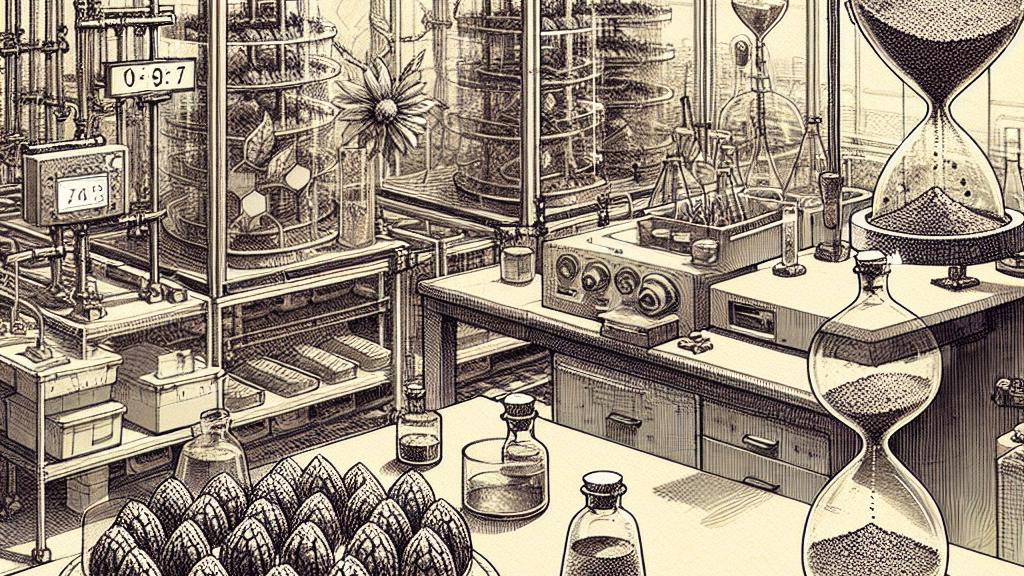Sweet Future: Will Lab-Grown Cocoa Save Our Chocolate Addiction?
Overview
- Lab-grown cocoa emerges as a revolutionary solution against climate-induced cocoa scarcity.
- Soaring global chocolate demand fosters innovation in cocoa alternatives and sustainable practices.
- Ethical chocolate consumption reshapes industry standards, aligning consumer choices with sustainability.

Climate Change and Its Threat to Cocoa Supply
As climate change accelerates, cocoa production faces severe risks, particularly in key regions such as West Africa, which accounts for over 60% of the world's cocoa supply. The increasing frequency of droughts and pests threatens this vital crop. To combat these challenges, scientists and companies are seeking innovative alternatives like lab-grown cocoa. California Cultured, located in West Sacramento, California, exemplifies this advancement by cultivating cocoa cells in a controlled environment. This revolutionary method allows cocoa to rapidly mature in just one week, in stark contrast to the several months required for traditional farming. This innovation could dramatically reduce water usage and labor costs, making cocoa production more sustainable and resilient amidst environmental upheaval.
Rising Chocolate Demand and Emerging Alternatives
The global chocolate industry is witnessing staggering growth, with U.S. sales surpassing $25 billion in 2023. This booming demand has outstripped traditional cocoa supply, prompting manufacturers to explore creative solutions. Innovations, such as the development of cocoa alternatives, are gaining traction. Planet A Foods introduces 'ChoViva', a chocolate substitute made from oats and sunflower seeds, argumentatively targeting the shift in consumer preferences towards healthier options. As awareness about the ethical implications of cocoa farming rises, including issues like child labor, brands are motivated to offer delicious alternatives that not only satisfy cravings but also support fair trade practices. This evolution in the chocolate market illustrates a commitment to addressing social and environmental challenges through innovative product offerings.
Sustainability and Future of the Chocolate Industry
The future of chocolate relies not only on lab-grown innovations but also on enhancing the traditional cocoa supply chain through sustainable practices. Major chocolate companies, including Mars, are investing in research to improve cocoa plant resilience at facilities like the University of California, Davis. These initiatives focus on developing disease-resistant cocoa varieties, which could help stabilize production amidst changing climate conditions. Concurrently, as consumers become more conscious of their food sources, understanding cocoa powder options—such as raw, Dutch, and black cocoa—becomes increasingly important. This knowledge allows consumers to make better choices that align with their health needs and ethical values. By marrying innovative technologies with sustainable farming practices, the chocolate industry seeks to ensure that future generations can continue to indulge in their favorite treats responsibly.

Loading...